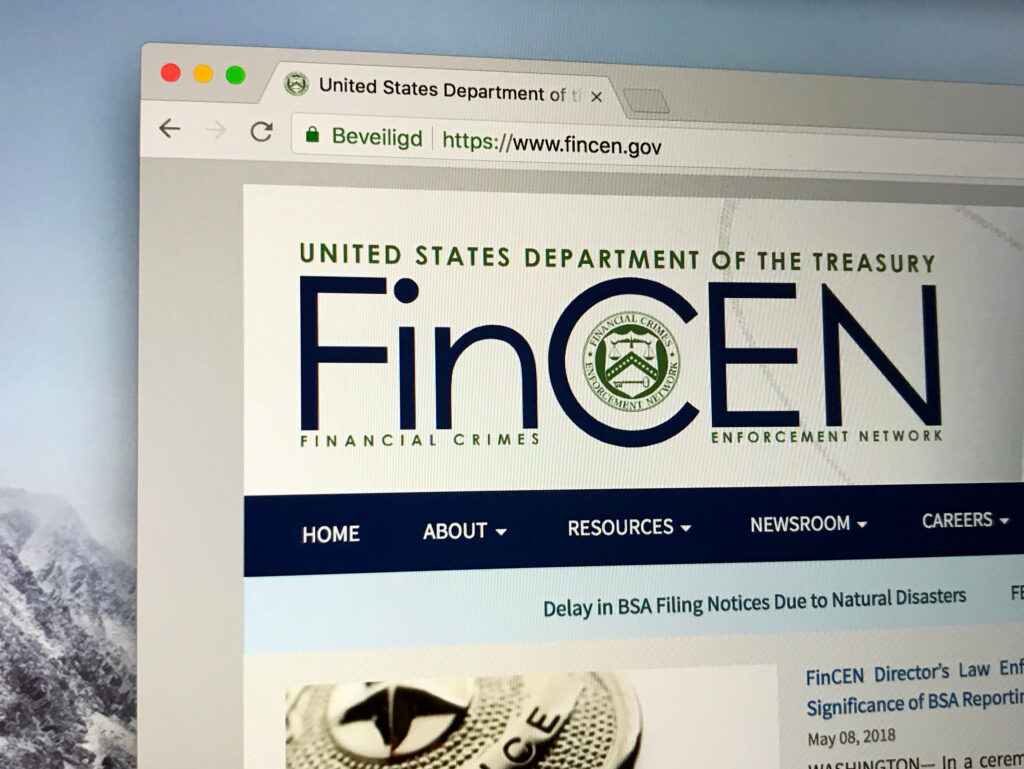How Tax Administrations Handle FATCA, CRS Non-Compliance

OECD Report Details Preventative and Corrective Measures for Financial Institutions’ FATCA and CRS Non-Compliance Tax administrations can use a combination of detective, preventative and corrective measures to assess and treat Foreign Account Tax Compliance (FATCA) and Common Reporting Standard (CRS) non-compliance, according to the “Guide on Promoting and Assessing Compliance by Financial Institutions” (the Guide). […]
How Tax Administrations Can Monitor FIs’ FATCA and CRS Compliance Training

Governance and Implementation Compliance Hallmarks for FIs A new report from the Organization for Economic Cooperation and Development (OECD) says that tax administrations can assess financial institutions’ FATCA and CRS compliance by monitoring their staff training initiatives. The report, “Guide on Promoting and Assessing Compliance by Financial Institutions” (the “Guide”) offers questions for tax administrators […]
FinCEN to host second ‘exchange’ on preventing ransomware

The United States Treasury Department’s Financial Crimes Enforcement Network (FinCEN) will hold a second FinCEN Exchange in August to discuss ways to combat increasingly sophisticated cyber and ransomware attacks. The FinCEN Exchange is a voluntary public and private partnership that convenes stakeholders, law enforcement and financial institutions (FIs.) As part of their Compliance functions, financial […]
Upcoming Virtual Currency FBAR and FATCA Reporting Enforcement

Under current FinCEN regulations, a foreign account holding virtual currency is not reportable on the FBAR. However, FinCEN in its FinCEN Notice 2020-2, proposes amending reports of foreign financial accounts (FBAR) regulations to include virtual currency accounts as a type of reportable account. FATCA requires foreign financial accounts reporting as well. For individuals, FATCA applies […]
Additional IRS Funding Will Increase IRS Enforcement

Out of Compliance Taxpayers Beware of The J5

In 2017, following the Panama Papers and Paradise Papers data leaks, the Organization for Economic Co-operation and Development (OECD) issued a “call to action” for countries to do more to tackle enablers of tax crimes. The result of this “call to action” was the 2018 establishment of an operational alliance known as the “Joint Chiefs […]
Agencies Request Information to Assist with BSA/AML Laws and Regulations Compliance

On April 9, 2021, the federal banking regulatory agencies (the Federal Reserve, FDIC and OCC) together with FinCEN and the National Credit Union Administration issued a joint statement addressing how risk management principles described in the Supervisory Guidance on Model Risk Management (Guidance) relate to systems or models used by banks to assist in complying […]
The Federal Reserve expects the Board of Directors of Financial Institutions to be Effective

On February 26, 2021, the Federal Reserve issued Supervisory Guidance (SG) for the Board of Directors (BOD) of Domestic Bank and Savings and Loan Holding Companies requiring effective BOD oversight. The Guidance maintains that the BOD serves a critical role in maintaining a Financial Institution’s safety and soundness, compliance with laws and regulations, and […]
FinCEN is seeking Feedback on the Corporate Transparency Act (CTA)

The CTA is a recent reporting requirement that is expected to enhance U.S. national security through increasing the difficulty involved for harmful actors to exploit opaque legal structures for laundering money, financing terrorism, proliferating weapons of mass destruction, trafficking humans, and drugs, and committing tax fraud and other crimes. Included in the AML Act of […]
Closing a Foreign Bank Account will not solve a Taxpayer’s Disclosure Problem

IRS is interested in U.S. Taxpayer financial accounts everywhere in the world. If the IRS learns that a Taxpayer has undisclosed reportable accounts or income before a US Taxpayer reports them, the Taxpayer can face serious consequences including criminal prosecution. Taxpayers under the impression that closing a foreign bank account today will solve a lack […]
Forensic Accountants augment a Financial Institution’s Corporate Governance Program

A financial institution’s understanding and management of financial crimes and their genesis would enhance and strengthen its Corporate Governance programs and internal controls. Forensic Accountants with a law enforcement background and with an understanding of the provisions of the Bank Secrecy Act (BSA), Title 31, rules and regulations issued by the federal bank supervisory agencies […]
Included in the AML ACT of 2020 is the Corporate Transparency Act which outlines Beneficial Ownership Reporting Requirements

The Corporate Transparency Act (CTA) is within the AML Act of 2020. It establishes Beneficial Ownership Information Reporting Requirements to facilitate important national security, intelligence, and law enforcement activities; and confirm beneficial ownership information provided to financial institutions to facilitate the compliance of the financial institutions with anti-money laundering, countering the financing of terrorism, and […]

